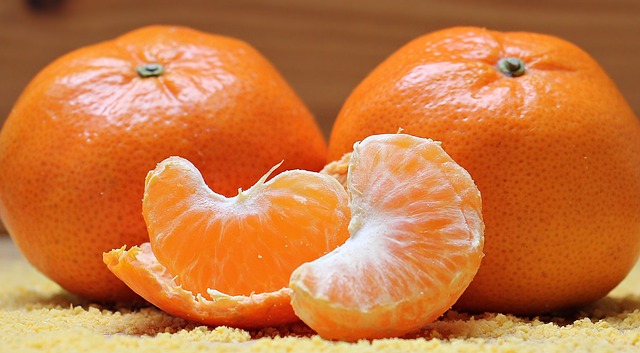The Ultimate Guide to Probiotics: Everything You Need to Know
Probiotics have gained significant attention in recent years for their potential health benefits. These live microorganisms, often referred to as “good bacteria,” can provide numerous advantages for our digestive system and overall well-being. In this ultimate guide, we will explore everything you need to know about probiotics and how they can positively impact your health.
What are Probiotics?
Probiotics are live bacteria and yeasts that are beneficial to our health, especially our digestive system. While the term “bacteria” may sound undesirable, probiotics are the beneficial microorganisms that can help maintain a healthy balance of bacteria in our gut.
Types of Probiotics
There are various types of probiotics, but the most common ones belong to the Lactobacillus and Bifidobacterium families. These probiotics can be found in many fermented foods and dairy products.
Lactobacillus
Lactobacillus is the most common probiotic strain found in yogurt and other fermented foods. It produces lactic acid, which helps to break down lactose and aids in digestion. Lactobacillus strains are known to support the immune system and maintain a healthy vaginal balance in women.
Bifidobacterium
Bifidobacterium, another common probiotic strain, is naturally present in the large intestine. It helps to promote healthy bowel movements and supports overall gut health. Bifidobacterium strains also aid in the absorption of nutrients.
Health Benefits of Probiotics
There is a growing body of evidence suggesting that probiotics provide several health benefits. Some of the key advantages include:
- Improved Digestive Health: Probiotics can help alleviate digestive issues such as bloating, gas, and diarrhea by restoring the natural balance of bacteria in the gut.
- Enhanced Immune System: Certain probiotics stimulate the production of natural antibodies and enhance the activity of immune cells, helping to strengthen the immune system.
- Prevention of Antibiotic-Related Side Effects: Antibiotics may disrupt the natural balance of bacteria in the gut. Probiotics can help restore this balance and reduce the risk of antibiotic-related side effects like diarrhea.
- Improved Mental Health: Some studies suggest a link between gut health and mental health. Probiotics may help improve symptoms of depression, anxiety, and overall mental well-being.
- Lowered Cholesterol Levels: Certain probiotics have been shown to lower LDL (bad) cholesterol levels, reducing the risk of heart disease.
Sources of Probiotics
To incorporate probiotics into your diet, you can choose from a variety of natural food sources or opt for a supplement. Here are some popular sources of probiotics:
- Yogurt: Look for yogurts labeled with “live and active cultures.” These contain beneficial probiotic strains, such as Lactobacillus and Bifidobacterium.
- Kefir: A fermented dairy product similar to yogurt, kefir is an excellent source of probiotics.
- Sauerkraut: Fermented cabbage is rich in healthy live bacteria and enzymes.
- Kombucha: A fermented tea, kombucha contains probiotics and is also a source of antioxidants.
- Kimchi: A popular Korean dish made from fermented vegetables that are high in probiotics.
While these food sources can provide probiotics, it’s important to note that the number and diversity of live bacteria can vary. Probiotic supplements can offer a more targeted and consistent dosage.
Choosing the Right Probiotic Supplement
When selecting a probiotic supplement, consider the following factors:
- Str







